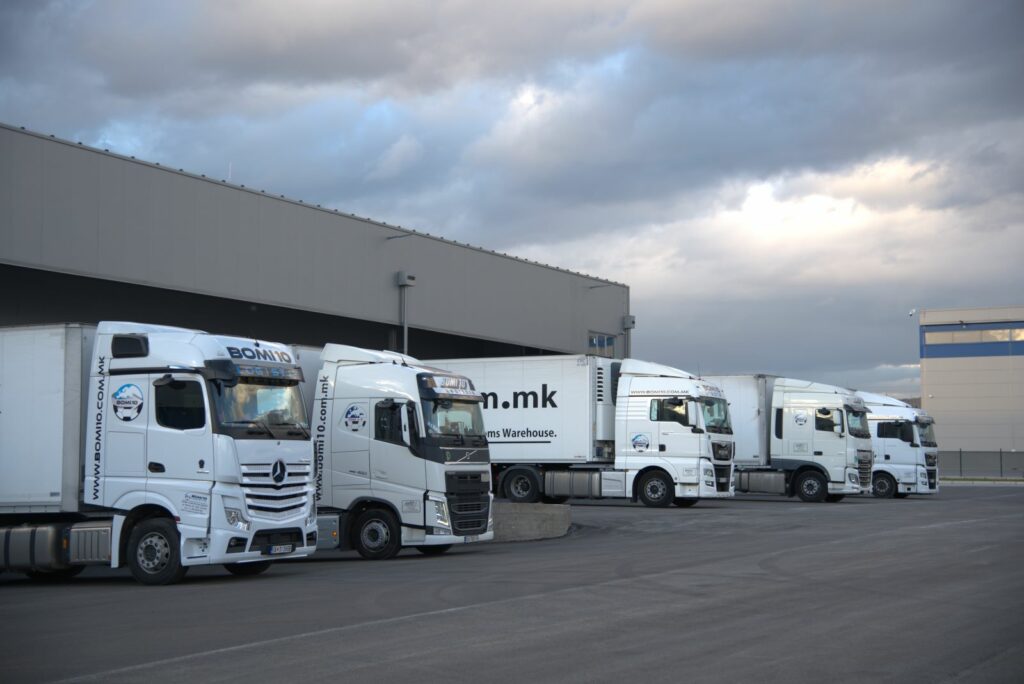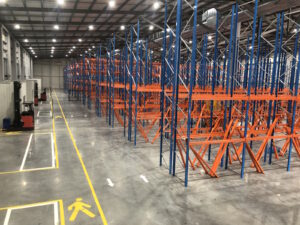Customs is an integral part of international trade, as it regulates the movement of goods across borders and ensures that taxes and duties are collected on imported and exported goods. Here’s a closer look at what customs is and how it affects international trade:
What is Customs?
Customs is the government agency responsible for regulating the flow of goods into and out of a country. The primary role of customs is to enforce customs laws and regulations, including the collection of import and export duties and taxes, and the prevention of illegal trade activities, such as smuggling and counterfeiting.
How Does Customs Affect International Trade?
Customs plays a crucial role in international trade, as it affects the movement of goods across borders and can have a significant impact on the cost and timeline of international transactions. Here are some of the ways that customs affects international trade:
Tariffs and Taxes: Customs is responsible for collecting import and export duties and taxes, which can significantly impact the cost of doing business internationally. It’s important for businesses to understand the tariff and tax rates of the countries they are trading with and to factor these costs into their pricing strategies.
Customs Clearance: Before goods can enter a country, they must go through customs clearance. This process involves verifying the contents of the shipment, ensuring that all necessary documentation is present, and collecting any required taxes and duties. Delays in customs clearance can have a significant impact on the timeline of international transactions and can lead to additional costs.
Trade Compliance: Customs also enforces trade compliance regulations, which can include requirements for product labeling, packaging, and certification. Businesses must comply with these regulations to avoid fines and penalties and to ensure that their goods can be legally sold in the destination country.
Intellectual Property Protection: Customs plays a role in protecting intellectual property rights, including trademarks and copyrights. Customs officials can seize goods that infringe on intellectual property rights, which can help businesses protect their brands and products.
In conclusion, customs is an integral part of international trade, regulating the movement of goods across borders and ensuring that taxes and duties are collected on imported and exported goods. It’s essential for businesses engaged in international trade to understand customs regulations, tariffs, and taxes, as well as to comply with trade compliance regulations and protect their intellectual property rights. By doing so, businesses can ensure that their international transactions are successful and profitable.




